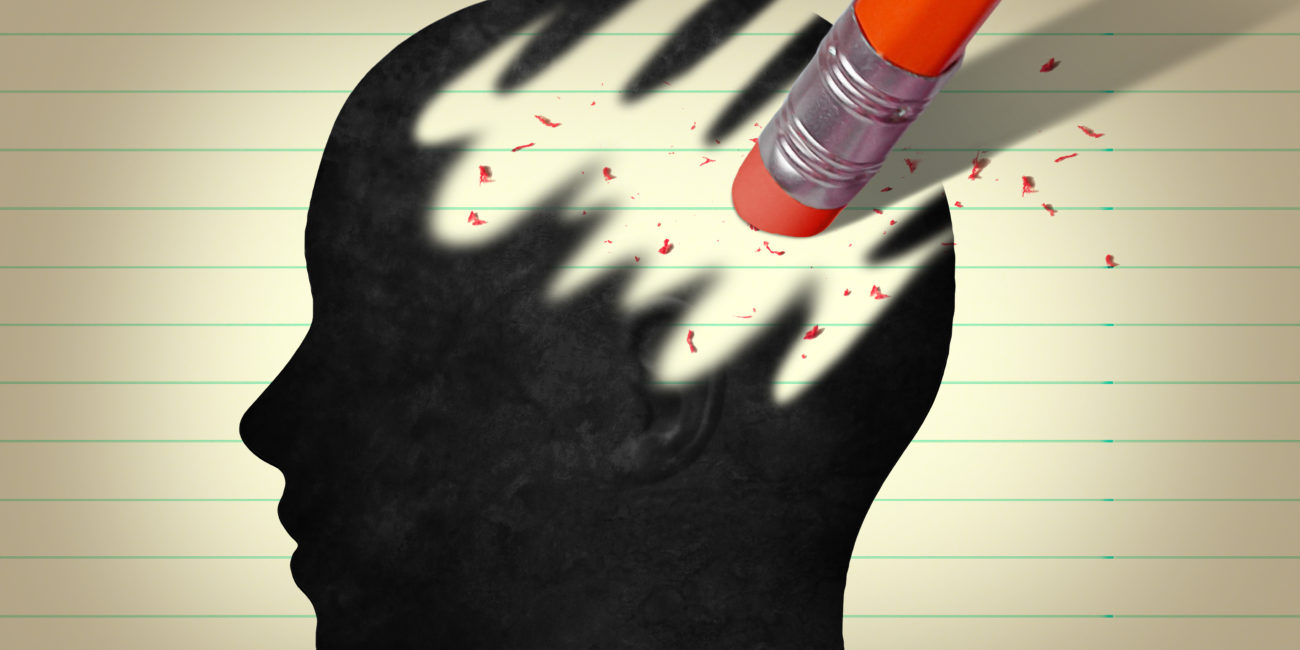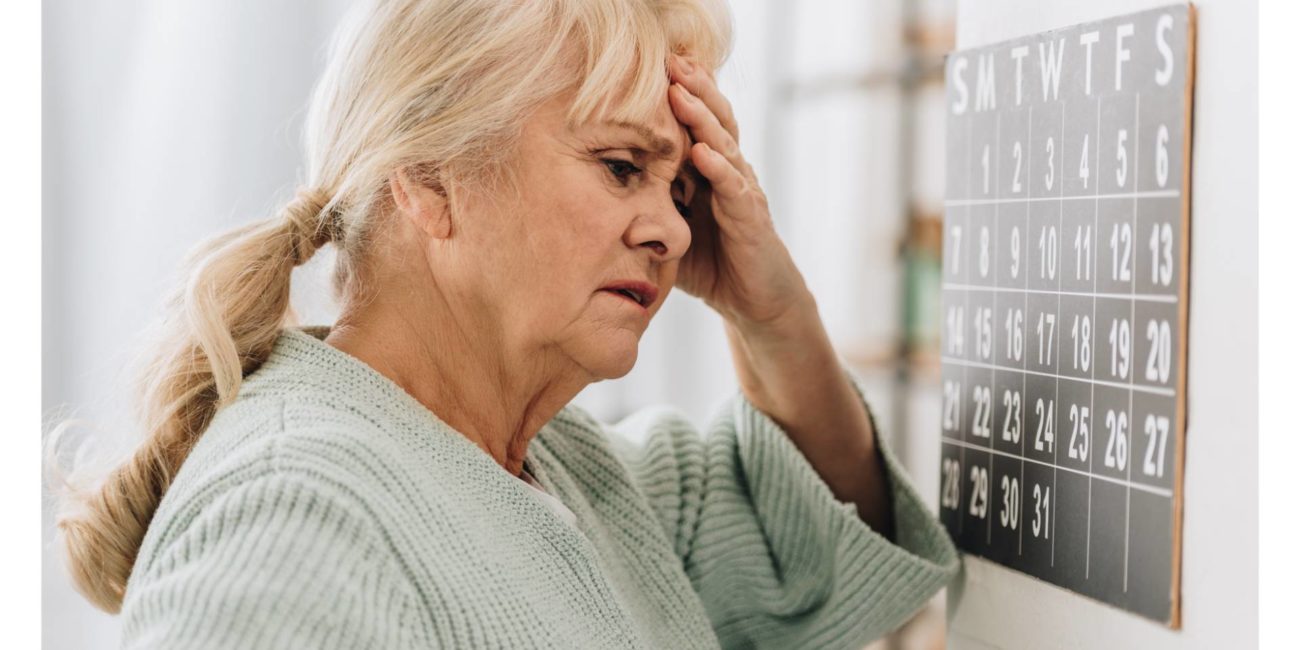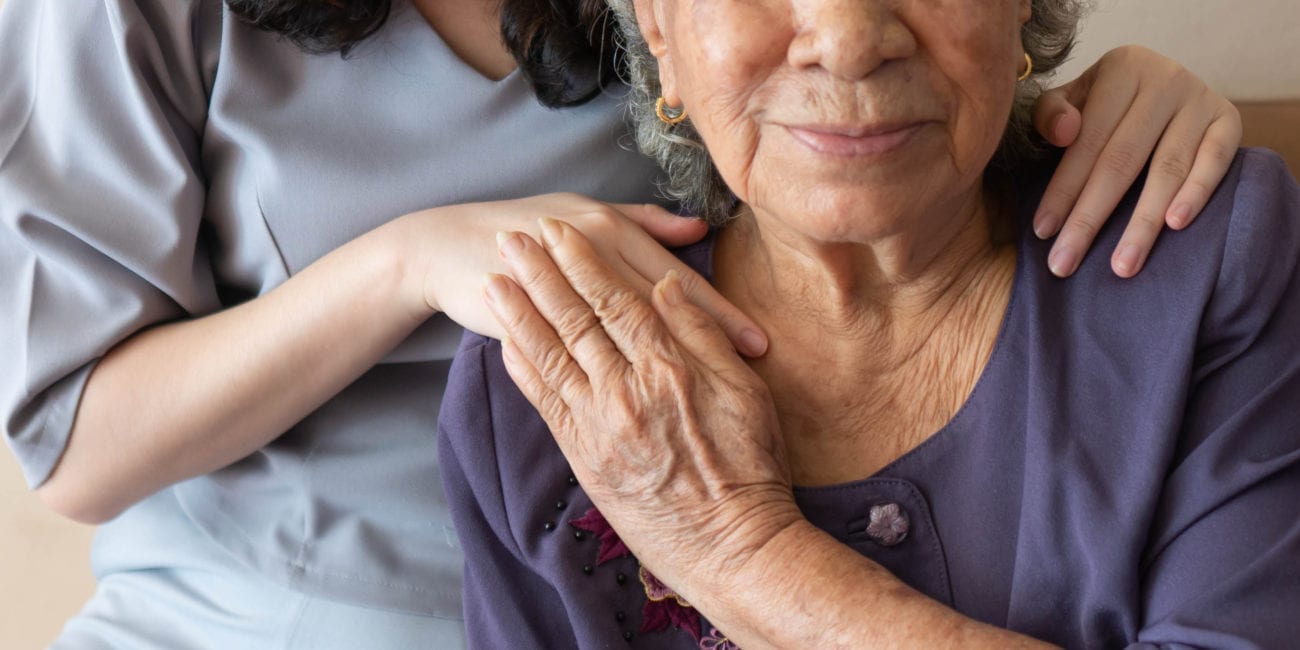Memory loss is a common side effect of aging, especially for those approaching the early stages of Dementia. This can be scary and stressful for our elders and their families, but it doesn’t have to mean the end of an independent lifestyle. Actually, by changing habits and introducing what our clinicians call “compensatory skills,” we can help elders avoid the common pitfalls of memory loss and continue to lead happy and healthy lives. I wanted to share a few of these skills, so all of you who are supporting your elders at home can help them thrive.

Calendar Set-Up
Sometimes it can be as simple as using a well maintained calendar. People with memory loss often have a hard time remembering dates, places, and times, which makes scheduling appointments or events a big source of stress for elders. Oftentimes, all they need is a quick point of reference. If they can look up at the wall, see their schedule, and keep tabs on commitments, they’re less likely to forget. This way, family members can save some stress by not having to call their Elders every time a doctor’s appointment or family get together is scheduled.
Using Timers and Alarms
You might be asking yourself, “how will they remember to check the calendar?” Well, when you pair compensatory skills, you can increase the likelihood of success. If you help your loved one get in the habit of setting alarms or reminders for events after they place items on the calendar, they’ll know that when an alarm goes off they ought to check the calendar and keep their commitment. If your loved one has a n Iphone, Ipad, Amazon Alexa, or similar smart phone, they can even ask Siri or Alexa to set a reminder hands free and without having to navigate the device

Use “Voice Memos” on their Phone.
Teach your elder loved one to use voice memos. Technology can be a sticking point for a lot of seniors, but increasingly, seniors have learned to use Ipads, Iphones, and other smart devices. Plus, voice memos is surprisingly easy to use, more intuitive than a classic tape recorder, and gets us around issues with small text on mobile keyboards. Many of the seniors we work with find it really helpful to record thoughts, ideas, and plans via voice memos so they can listen to them later without worrying about forgetting.

Organize and Declutter
One of the best things you can do to help your loved one compensate for memory loss is to help them organize and declutter their living space. Store away unused items in specific spaces, put pills in labeled boxes, designate a place for things like keys, wallets, and purses, and throw out things that your loved one is no longer attached to. Having a clean, intentionally organized space will help your loved one keep a clear head and keep track of their belongings.
Help Them Make To-Do Lists
If your loved one is struggling with memory loss, daily tasks that require multiple steps might trip them up. You can help them by creating to-do lists that explain the steps of a given task. For example, if your loved one needs to pay the water bill every month, you can make a step by step list to help them get to the website, enter their information, and pay the bill.

Older Adults Have Unique Dementia Needs
The clinicians at WellQor use compensatory skills like these to help seniors maintain independence. Memory loss can dramatically change the lives of our loved ones, but the use of compensatory skills can help lighten the workload of the caregiver, and restore dignity to the Elder. We want the best for our Elders, so I hope this advice can help you give the best to your Elders.




Leave a Reply